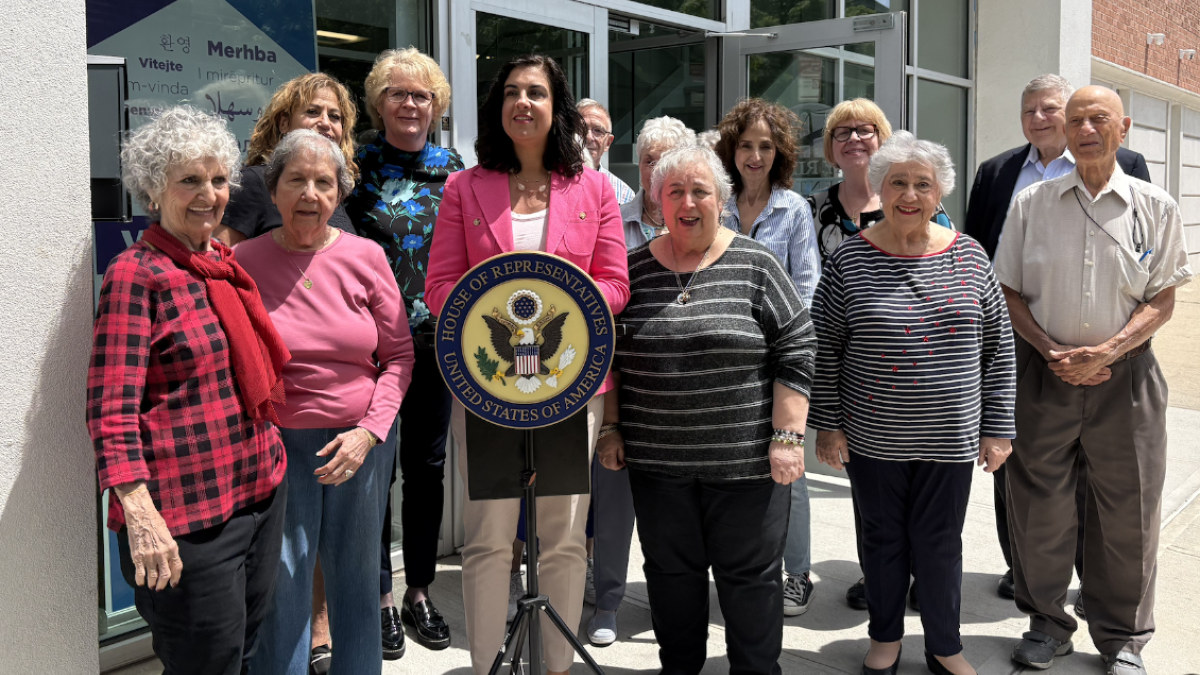Malliotakis Rallies in Brooklyn for Support for Senior Tax Relief Ahead of Budget Deal

(BROOKLYN, NY) - Congresswoman Nicole Malliotakis was joined by local senior citizens at the Bay Ridge Center to rally support for her effort to reduce taxes on Social Security income for seniors. As a member of the House Ways & Means Committee, Malliotakis has played a key role in negotiations and is working to build momentum in Washington to pass this big, beautiful bill as part of the upcoming budget reconciliation tax package.
The Ways & Means Committee is scheduled to meet this week for a markup of the bill text—a critical step toward advancing these tax relief provisions through Congress. The legislation is expected to include a provision that mirrors Malliotakis' existing legislation and provide a bonus deduction for seniors, offering $4,000 for individuals earning $75,000 or less and $8,000 for married couples earning $150,000 or less.
Congresswoman Malliotakis has been a leading advocate for raising the SALT cap, which is currently set at $10,000 and has disproportionately impacted seniors and middle-class families in high-tax states like New York. Tripling the cap to $30,000 would provide much needed relief for middle-class families—covering 98% of households in her district. She is also pushing to increase the standard deduction to deliver meaningful relief to hardworking taxpayers and prevent the return of the Alternative Minimum Tax.
“As Ways & Means meets this week to debate and vote on the tax portion of the reconciliation package, I am excited that key provisions of legislation I’ve introduced will be included to reduce the tax burden on working Americans, senior citizens and middle-class families in our community,” said Rep. Nicole Malliotakis. “Today I joined Brooklyn seniors to rally support for needed tax relief because too many seniors are being forced to stretch their retirement savings further than ever before. After a lifetime of hard work and paying taxes, they deserve to keep more of their Social Security and retirement income without Uncle Sam reaching into their pockets again."
|